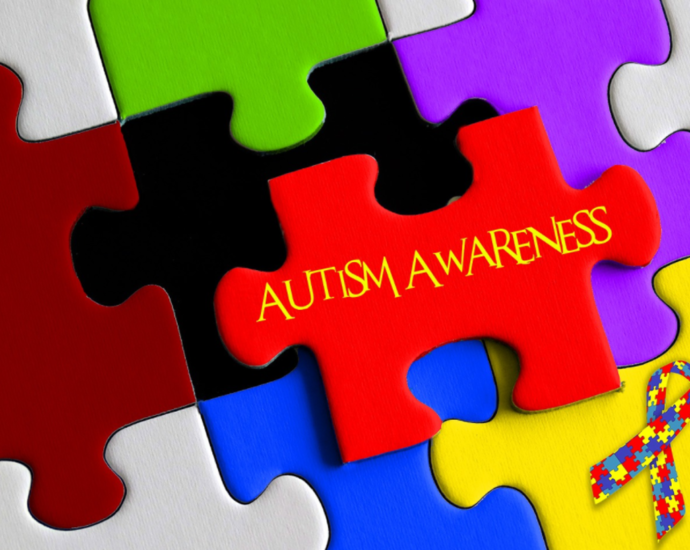Attention Deficit Hyperactivity Disorder (ADHD)
Yesterday’s wild, overly-energetic, reckless, exasperating child may well be diagnosed with Attention Deficit Hyperactivity Disorder (ADHD). According to the National Institute of Mental Health (NIMH, 2003), ADHD plagues 4 percent of children who display one or more of its three symptoms: Inattention: distractibility, forgetfulness, disorganization Hyperactivity: fidgeting, talking too muchContinue Reading










